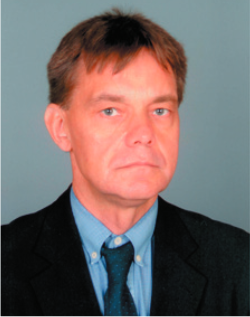Commentary: On the Essence of Law and Possibilities of Legislative Acts
The authors agree with the view of Ms Maret Maripuu, Member of the Riigikogu, that in a democratic country laws cannot be written in a way that only professional lawyers would understand them. However, law should not be understood as a command.
First, such an understanding will not make laws clearer and, second, law is not a command. The modern understanding of law contains three elements: law as objective law, law as subjective law, and law as a normative system of information and communication. Therefore, it is debatable whether intelligibility of the language of laws can be improved merely with the help of a legislative act. The language as a system of signs used for mutual understanding is a complicated phenomenon just like law. When language and law (with the help of legislative acts) as two complicated systems intertwine, we can apparently only expect additional problems. Fortunately, in the legal meto-discussion we meet a conception in which linguists and lawyers cooperate – it is a structured teaching of law12. Common sense and structured knowledge and actualisation of jurisprudence should help to reach the desired result – an intelligible law – whose legal or social meaning/sense can be understood if necessary with the help of the explanatory note written by the drafters of the law.
Raul Narits, born 1952, lawyer, Law Faculty of the University of Tartu (UT) 1976; PhD Moscow State University 1987. Work: UT, Law Faculty; head of the Public Law Institute 1988-92 Docent; 1992- regular professor of comparative law; visiting professor of the University of Münster 1996. Affiliation: President of the Estonian Section of the International Association of Legal and Social Philosophy; member of the editorial board of the Juridica magazine and the Riigikogu Toimetised journal.
Kalle Merusk, born 1949, lawyer, Law Faculty of the University of Tartu (UT) 1973, PhD 1984, UT. Work: UT Law Faculty, 1997- regular professor of the Chair of State and Administrative Law of the Public Law Institute; since February 2000 Dean of the Law Faculty of the UT. Affiliation: vice-president of the Estonian Section of the International Association of Legal and Social Philosophy; member of the Estonian Academic Law Society; member of the editorial board of Juridica magazine; member of the Board of the Estonian Law Centre Foundation.

